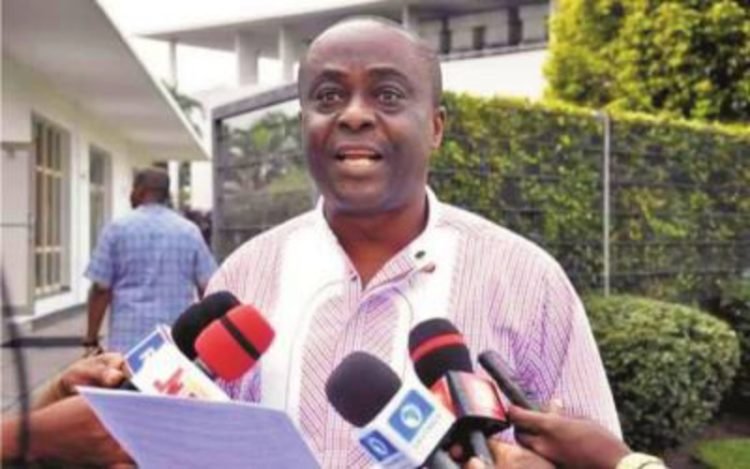A $250 million World Bank-funded initiative aimed at improving access to potable water in Nigeria has failed to meet its objectives, a new report by Corporate Accountability and Public Participation Africa (CAPPA) has revealed.
The report, “Big Debt, Big Thirst: A Case Study of World Bank Supported Projects in Ekiti, Rivers, and Bauchi States,” highlights systemic failures in the Third National Urban Water Sector Reform Project (NUWRSP3), which was designed to enhance water supply in select states.
Presented in Lagos on Friday, the study attributes Nigeria’s water crisis to prolonged underinvestment by the state and the imposition of neoliberal policies that prioritize market-driven solutions over public access. It challenges the effectiveness of privatization, noting that instead of improved infrastructure, affected communities have faced rising tariffs, job losses, and diminished public accountability.
CAPPA’s Executive Director, Akinbode Oluwafemi, stated that the findings underscore the ongoing debate over whether water should remain a fundamental right or be subjected to profit-driven market forces. He emphasized that the realities in Ekiti, Rivers, and Bauchi contradict claims that privatization enhances efficiency.
The report calls for a reassessment of water sector policies to ensure sustainable and equitable access for all Nigerians.
















